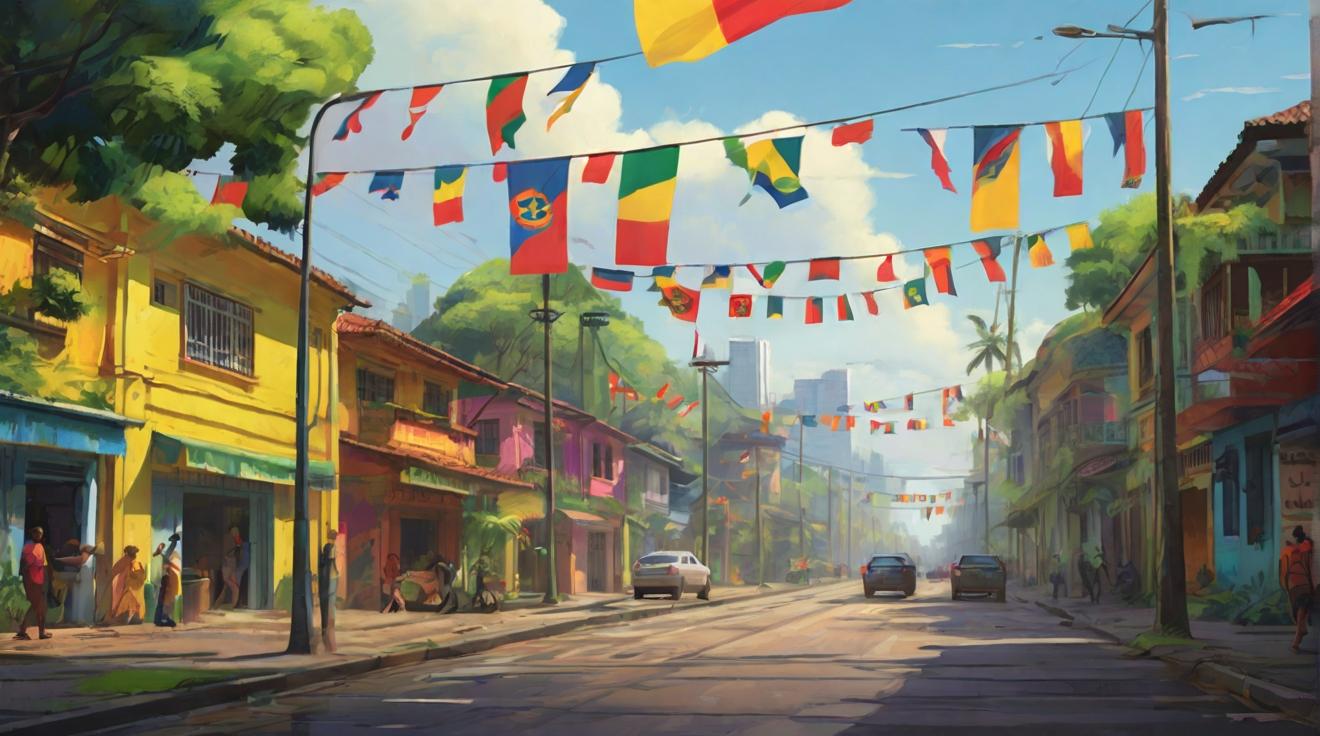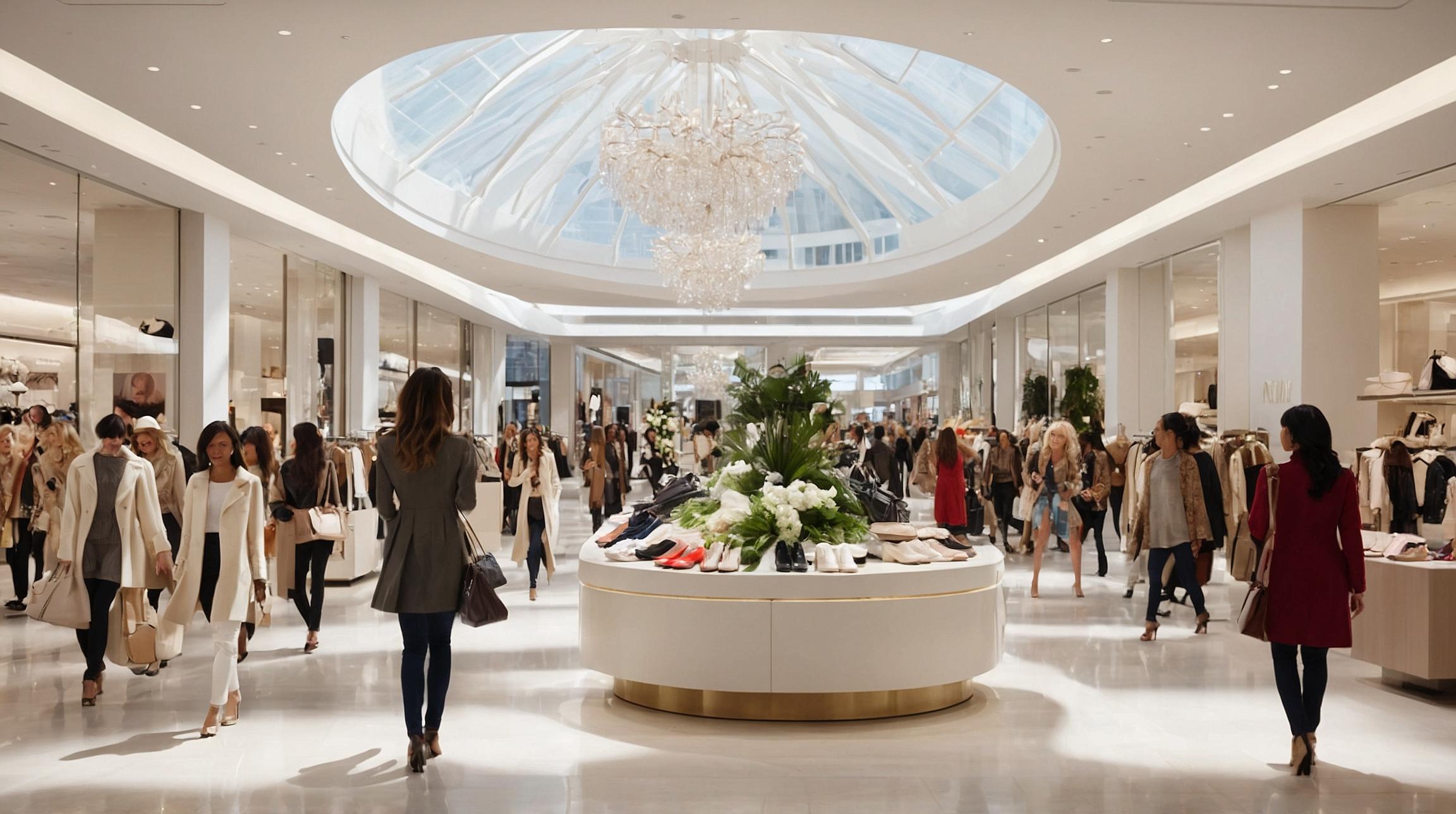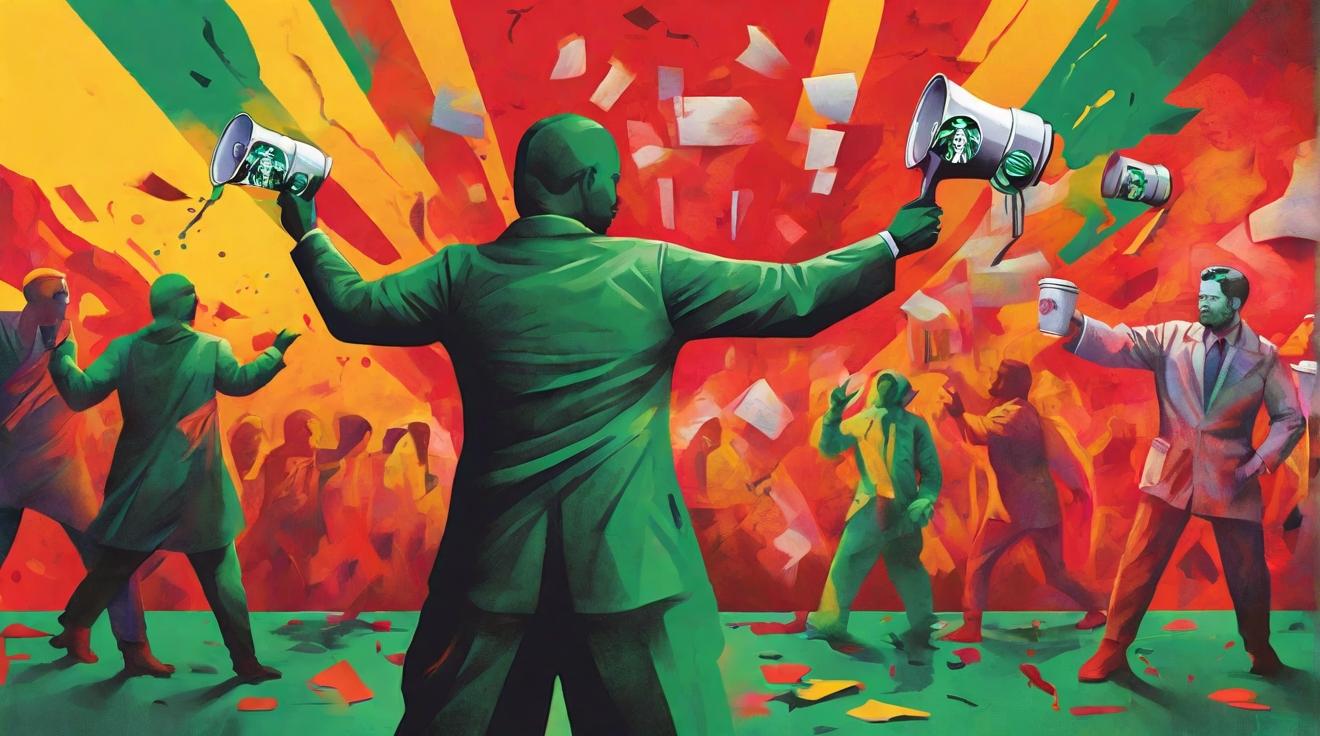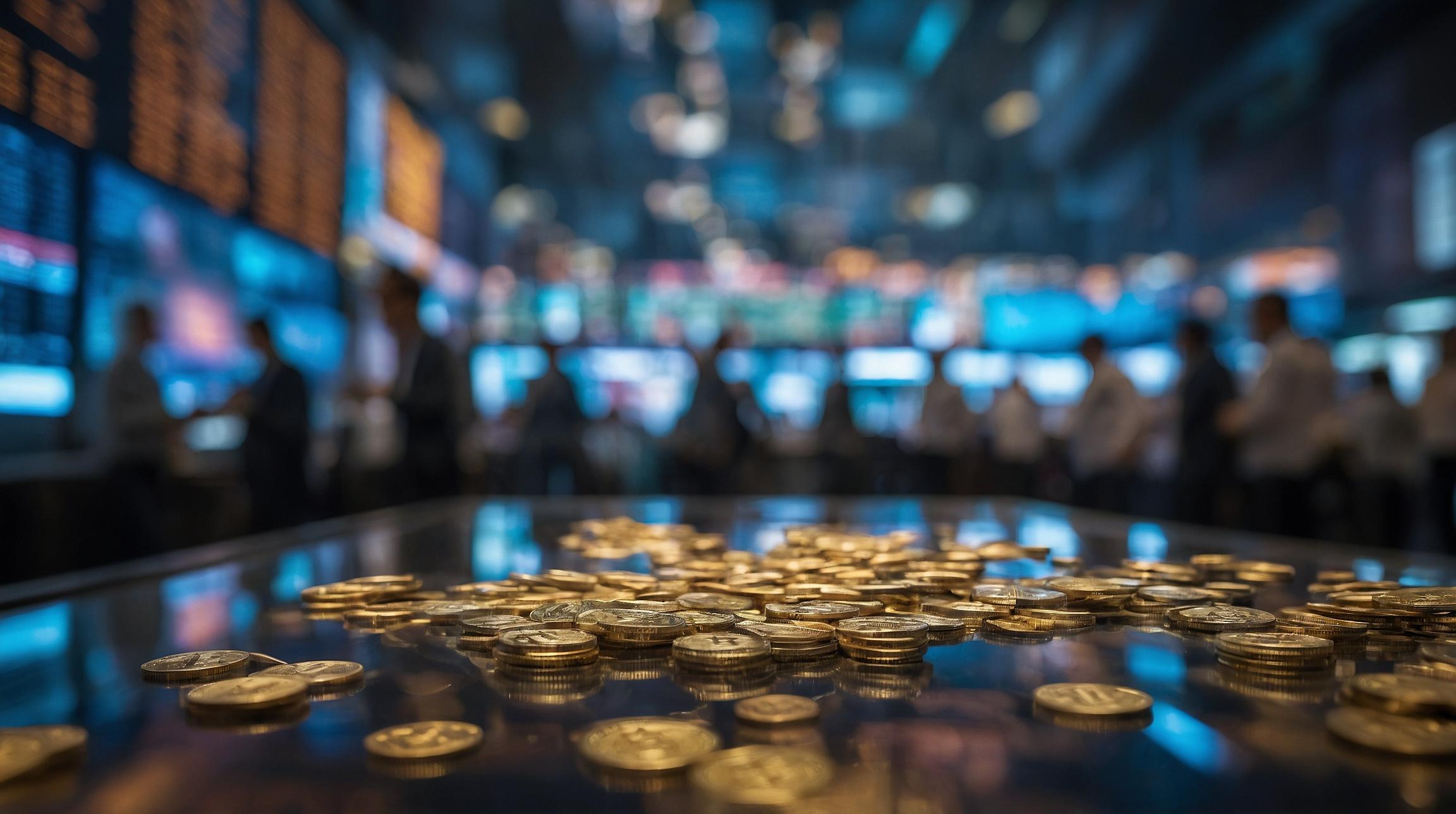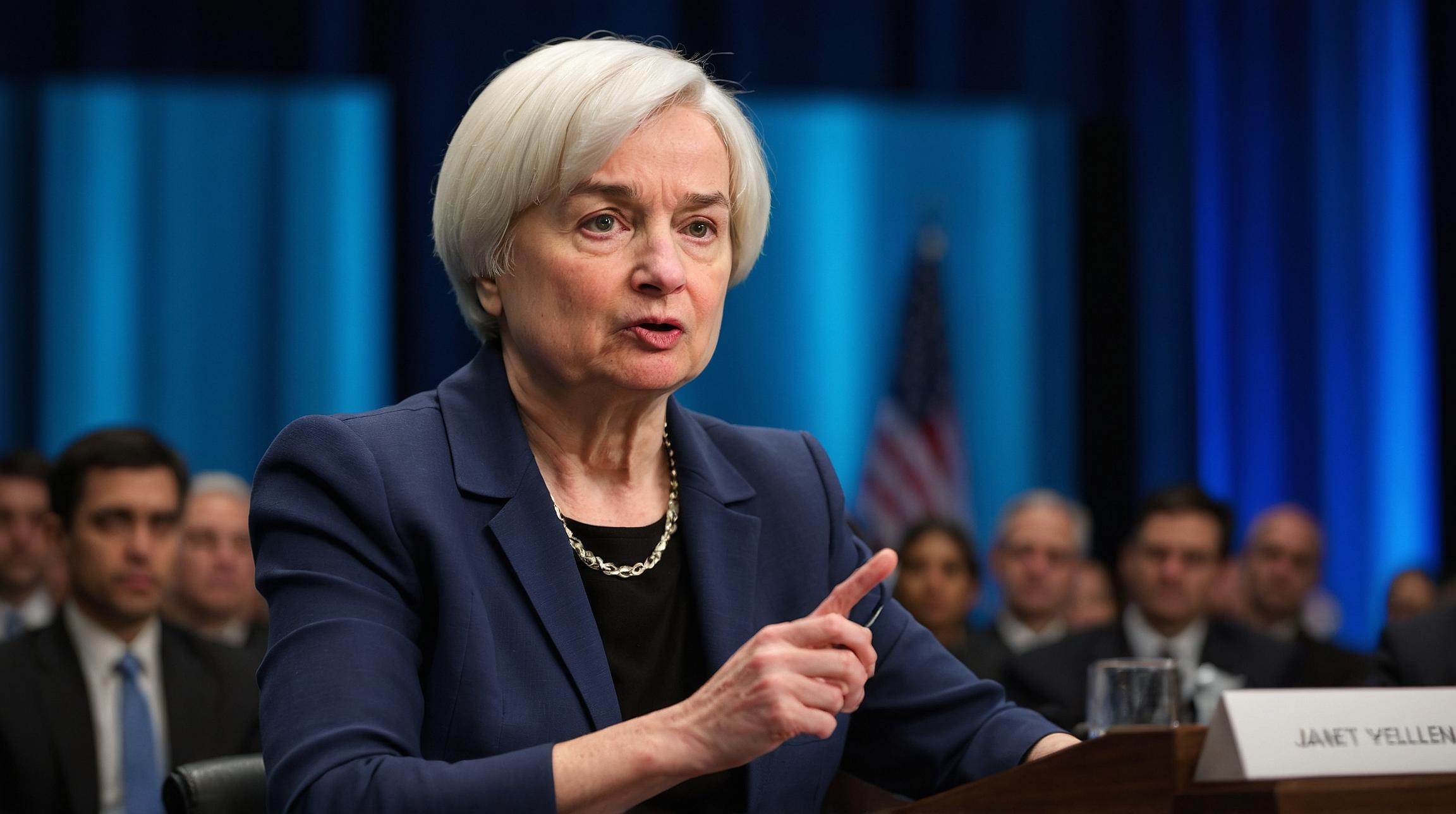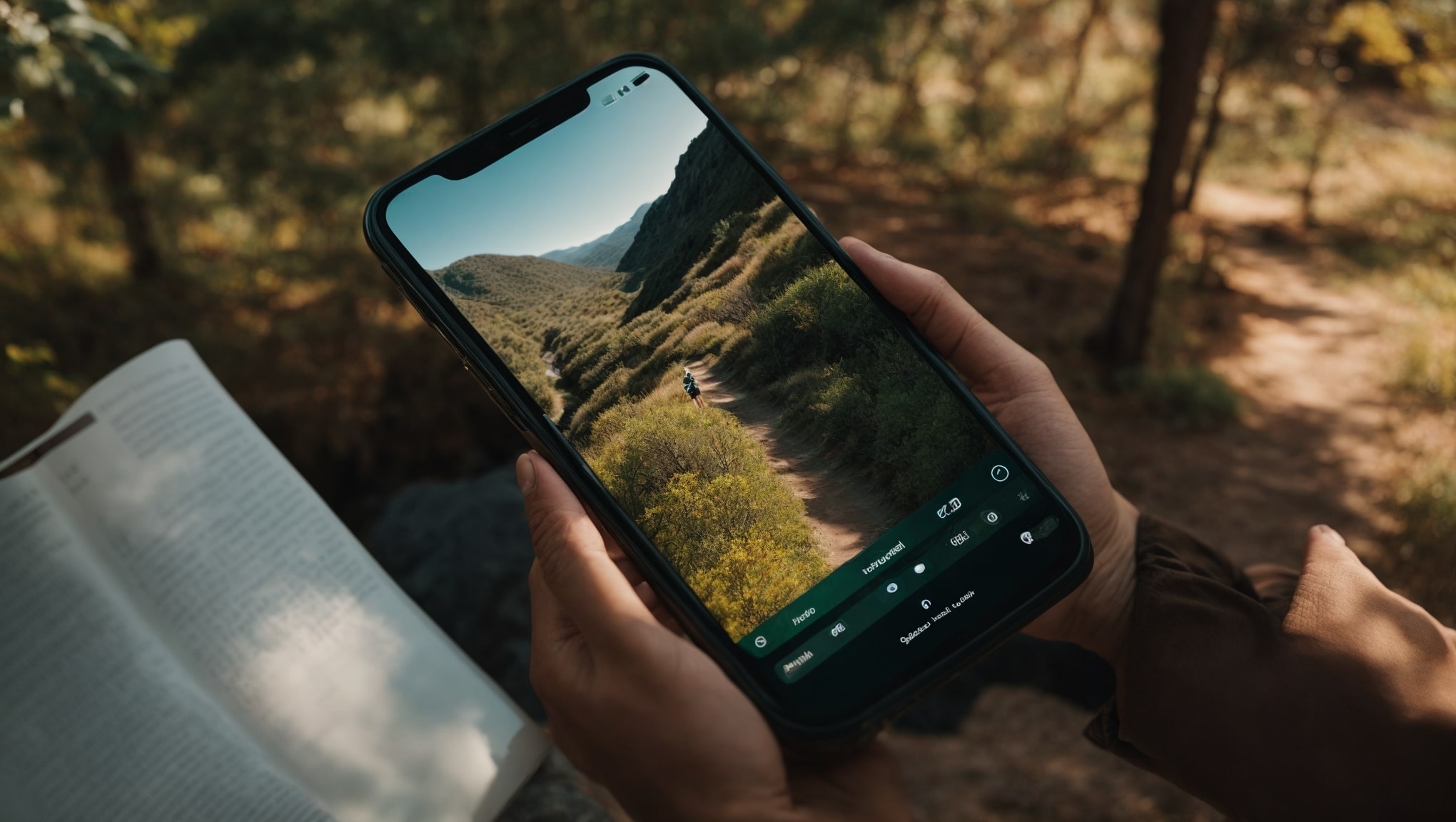How the small city of Medicilandia in the Amazon reveals the enduring influence of the far-right in Brazil
A shocking story of a murderer-turned-politician highlights the lasting impact of Jair Bolsonaro’s party and ideology in smaller communities.
In the heart of the Amazon lies a small city called Medicilandia, with a population of just 27,000. While it may seem insignificant on the surface, this city has become a symbol of the enduring strength of the far-right in Brazil.
Darci Alves Pereira, known for the infamous murder of environmentalist Chico Mendes in 1988, now resides in Medicilandia under a new persona – “Pastor Daniel.” This former killer has not only found sanctuary in this city but continues to actively support Jair Bolsonaro, the former president of Brazil.
Alves, who was appointed as the local president of the Liberal Party earlier this year, was soon dismissed after press reports exposed his dark past. Undeterred, he is now running for a position on the Medicilandia city council, serving as a stark reminder of Bolsonaro’s party and its far-right ideology.
The influence of Bolsonaro reaches far beyond the major cities like Sao Paulo or Rio de Janeiro. To truly comprehend the extent of Bolsonaro’s power, we must shift our focus to smaller communities like Medicilandia, situated along the Trans-Amazon highway. This region, spanning nine Brazilian states and more than half the country’s territory, is where this extreme right-wing ideology prevails.
Chico Mendes, an environmentalist who was revered by the international community, was seen as a nuisance by a significant portion of the Amazon’s population. To them, Mendes stood in the way of progress and development, particularly for those profiting from jungle exploitation. In fact, his killer believes that what he did was a “service” and some even deemed it “legitimate.”
Within the Amazon region, local governments are often controlled by land thieves, loggers, and illegal miners who also have significant business interests. They view themselves as “pioneers” and “good citizens” working towards progress, even at the expense of the environment and indigenous rights.
Bolsonaro played a pivotal role in solidifying this extreme right-wing ideology, which had existed long before him but lacked a unifying name and figurehead. With his rise to power, these “pioneers” gained more influence and their actions went beyond legal boundaries. The repercussions of this newfound “freedom” are unlikely to be easily reversed and may persist indefinitely.
It is worth noting that many leaders of the left were trained in ecclesiastical communities. The rise of evangelical churches, which now form a strong support base for Bolsonaro, adds another dimension to this complex equation. “Pastor Daniel,” the killer of Chico Mendes, shamelessly invokes the name of God to justify his actions, reflecting the intertwining of religion and politics in this region.
The choice of Medicilandia as the starting point for the murderer’s political comeback tour may be surprising, but it is fitting. The city is named after Emílio Garrastazu Médici, a former general and president known for his severe human rights violations during the Brazilian dictatorship, including the destruction of vast areas of the Amazon jungle. Medicilandia has become synonymous with Bolsonaro, Bolsonarism, and the persona of “Pastor Daniel,” an identity that is likely to outlive Bolsonaro himself.
In order to truly understand the strength of the far-right in Brazil, we must look beyond the major cities and delve into smaller communities like Medicilandia. Only then can we grasp the enduring grip of Bolsonaro’s party and ideology, and the significance of the Amazon region in shaping the country’s political landscape.
Analyst comment
This news can be evaluated as negative, as it highlights the enduring influence of the far-right in Brazil and the involvement of a murderer-turned-politician in a small city. As an analyst, it is expected that the far-right’s presence will continue to have a stronghold in smaller communities like Medicilandia, and the Amazon region will play a significant role in shaping Brazil’s political landscape.





